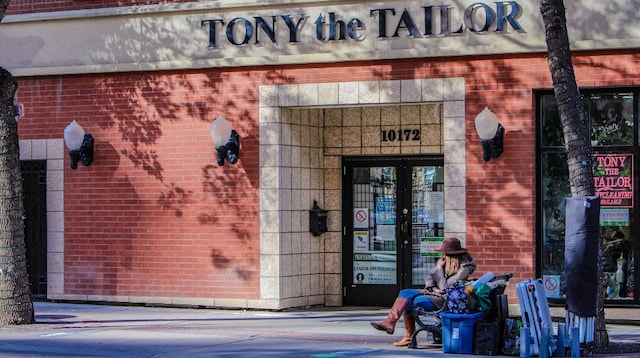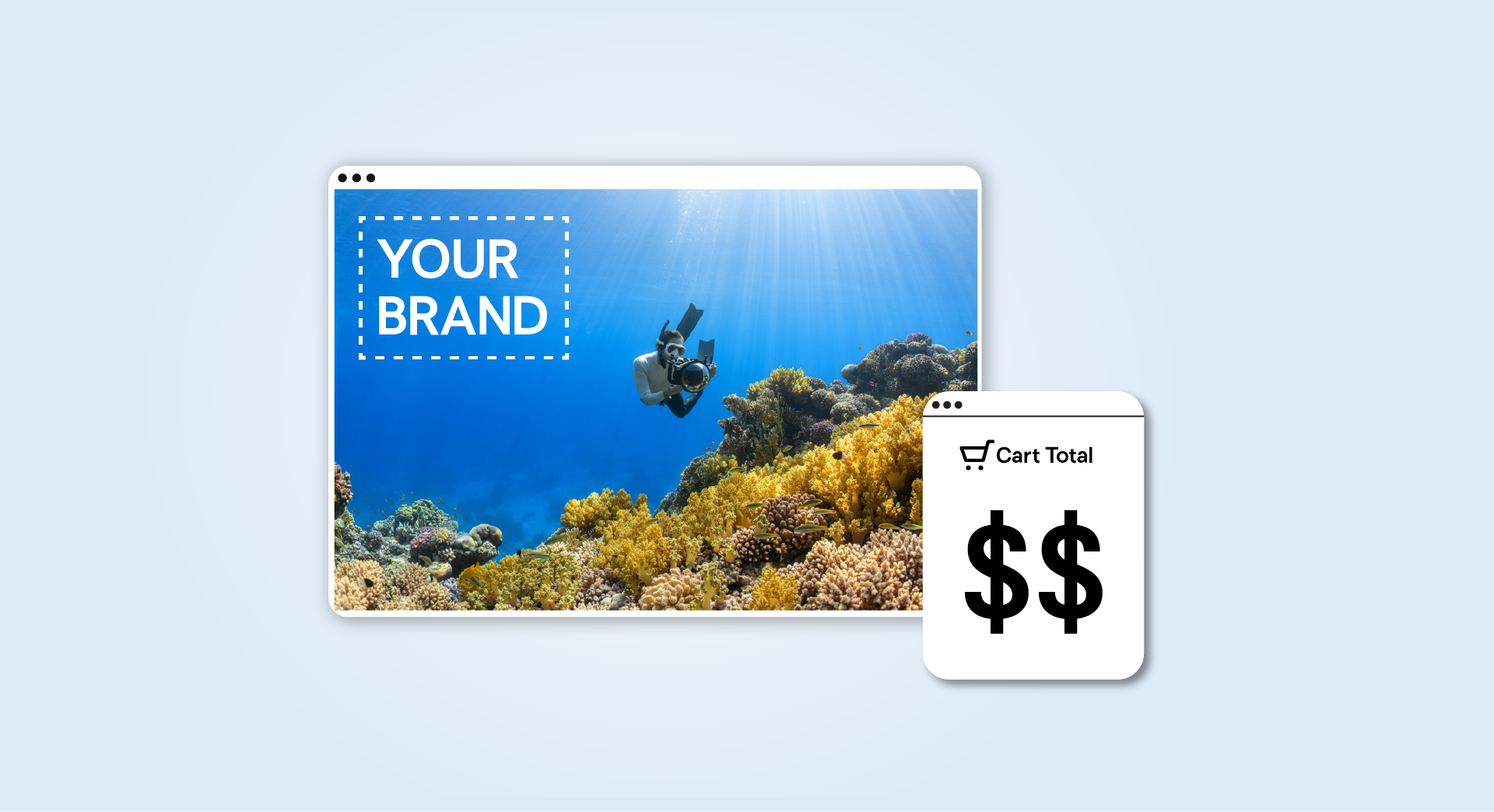UPDATE: This buy a business post was originally published on 20 May 2019 and updated on 14 January 2021.
If you’re thinking about starting your own business but the thought of building one from scratch isn’t appealing, buying an existing business might be a good alternative. A business that’s already up and running and generating cash flow and profits, with an established customer base and reputation, means a lot of the groundwork has been taken care of. But how exactly do you buy a business?
Here are six steps to help you get started.
Related: How to start a business in Australia
A 6-step approach to buying a business
Anyone who wants to buy a business goes through the same general process. Follow these steps to make a choice you’ll be happy about.
Step 1: Decide what kind of business you want

Photo: Beatriz Moraes on Unsplash
Buying a business is a process. Start with your own experience and knowledge and follow your interests and passion. Having previous experience and insight into a particular industry is a big plus, though not always essential.
- Are you interested in an online business or a brick-and-mortar store?
- Do you want to offer a product or a service?
- Would you prefer to buy a franchise?
A franchise comes packaged with a lot of guidance and support but with certain restrictions and limitations. An independent business will give you complete control but you’re on your own.
Choose a business structure
Consider the business structure. Will you be a sole trader, a company or in a partnership?
Running your own business, particularly in the first year or two, requires a lot of hard work and commitment.
Is the business you’re considering something you can see yourself happily working in, day in and day out? Does it match your lifestyle? Will it sustain your interest long-term?
Examine your reasons for buying a business and weigh them up against starting your own to make sure you’re making the right decision for you. .
Step 2: Find the business you want to buy
Once you’ve decided what kind of business you want to buy, it’s time to go shopping.
Businesses for sale are often advertised online as well as in print newspapers and trade publications. A reputable business broker might be able to help, as could an accountant or commercial real estate agent.
Browse a broad range of categories on online listings such as:
- SEEK Business
- Commercial Real Estate
- The TradingPost
If it’s an online business you’re interested in, check out Exchange Marketplace, Shopify’s platform for buying eCommerce businesses.
Don’t forget to ask your own business and personal connections too.
Word of mouth can be a great way to find out about potential business opportunities, so put the word out.
Step 3: Do your research
Now that you’ve found a potential business to buy, it’s time to critically assess the business and the likelihood of its future success. A thorough evaluation is essential to make sure it’s a worthwhile investment.

Your analysis should answer some fundamental questions such as:
- Why is the business for sale?
- What are the opportunities for growth?
- Does the business have any existing employees?
- What are the assets and liabilities of the business?
- Are there any outstanding debts on those assets?
- Are the premises leased or owned?
- What fittings and equipment are being sold with the business?
It’s all about investigating and evaluating the risk. Look at the tax requirements and speak to an accountant or tax professional, or visit the ATO to understand your tax obligations. If the business is a franchise, ask for a copy of the franchisor’s disclosure statement.
Examine the previous years’ tax and financial statements, and balance sheets. Check the Personal Property and Securities Register to make sure there are no outstanding interests on the property being sold. If there are existing employees who will be transferring with the business, make sure you’re aware of your responsibilities regarding the transfer of employee entitlements.
Most important of all, know what the business is worth.
Getting expert advice here is crucial, so have the business independently valued by an accountant, business advisor or business broker before you make a final decision.
Step 4: Acquire necessary funding
Buying a business is an investment and one that requires funding. If you don’t have sufficient capital yourself, you might need to get a business loan through a bank or credit union. Or you could seek support from private investors or venture capital.
Whichever path you choose, you’ll need to have your business ducks all in a row. Make sure you have a strong business case to put forward, with evidence of potential income, market growth and viability. Develop a business plan and find out what documentation you will need to provide and what criteria you need to meet.
Each funding source will bring advantages and disadvantages, so it pays to compare them. As always, seek out expert advice from an independent financial advisor to help you make the best choice.
Step 5: Make an offer
Now that you’ve decided to buy the business, the next step is to make an offer. If you’re not working with a business broker, you will need a solicitor to draw up the offer and acceptance as a legally binding document.
It’s important that you get every promise and assurance made by the seller in writing. Clearly spell out any conditions of the offer. This will allow you to withdraw if those conditions are not met.
Your negotiations and subsequent offer will need to cover:
- The sale price
- The deposit amount — usually 10% of the total sale price
- The settlement period
- Business handover training
- Arrangements with existing employees
It’s a good idea to include a clause that allows you to withdraw from negotiations if you discover the seller has misrepresented the business in any way.
Step 6: Sign the contract
You’ve found the right business, done your research, negotiated the terms and secured the financing. Now it’s time to sign the contract of sale, and make the purchase official.

Make sure you have a reputable solicitor review the contract to ensure it covers all aspects of the sale, including the transferral of all relevant assets and liabilities.
Then it’s time to pay the deposit. Once the settlement period is up and the business is sold, ownership of the business will be transferred to you, including all relevant permits, leases, licences and certificates. There might also be a handover period following the completion of the sale to ensure a successful transfer from the seller to you.
How to buy a business wrap-up
Rather than reinventing the wheel and starting from ground zero, opting to buy an existing business can be a smart way to hit the ground running.
Take your time and don’t jump at the first business you find.
Buying a business is a big investment of both time and money, and you need to know you’re making the right decision. Seek out professional advice so that the business you buy is one you can be proud of for years to come.
This post should not be taken as legal or financial advice. Always consult legal, financial and other relevant professionals before attempting to buy a business.






